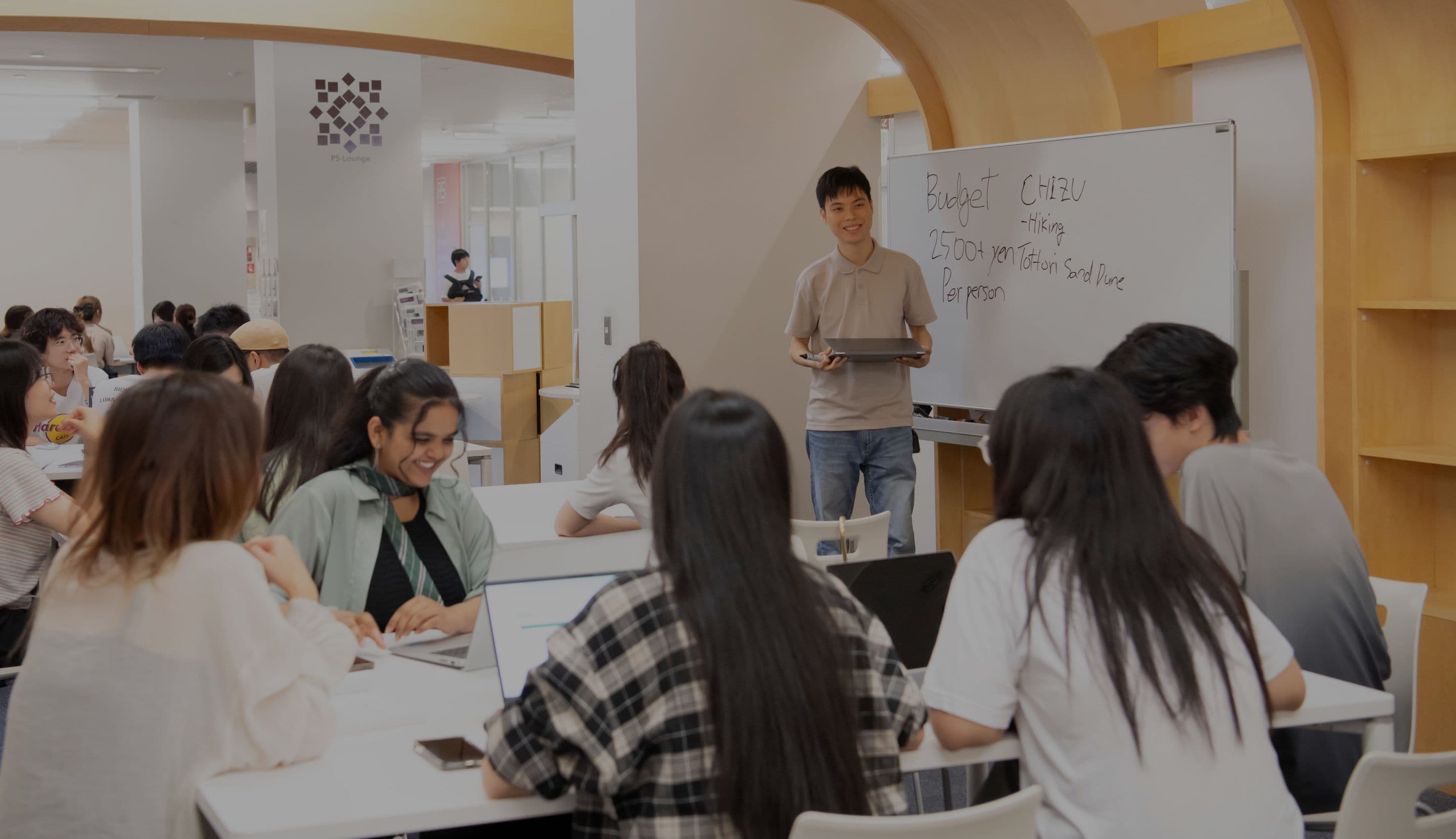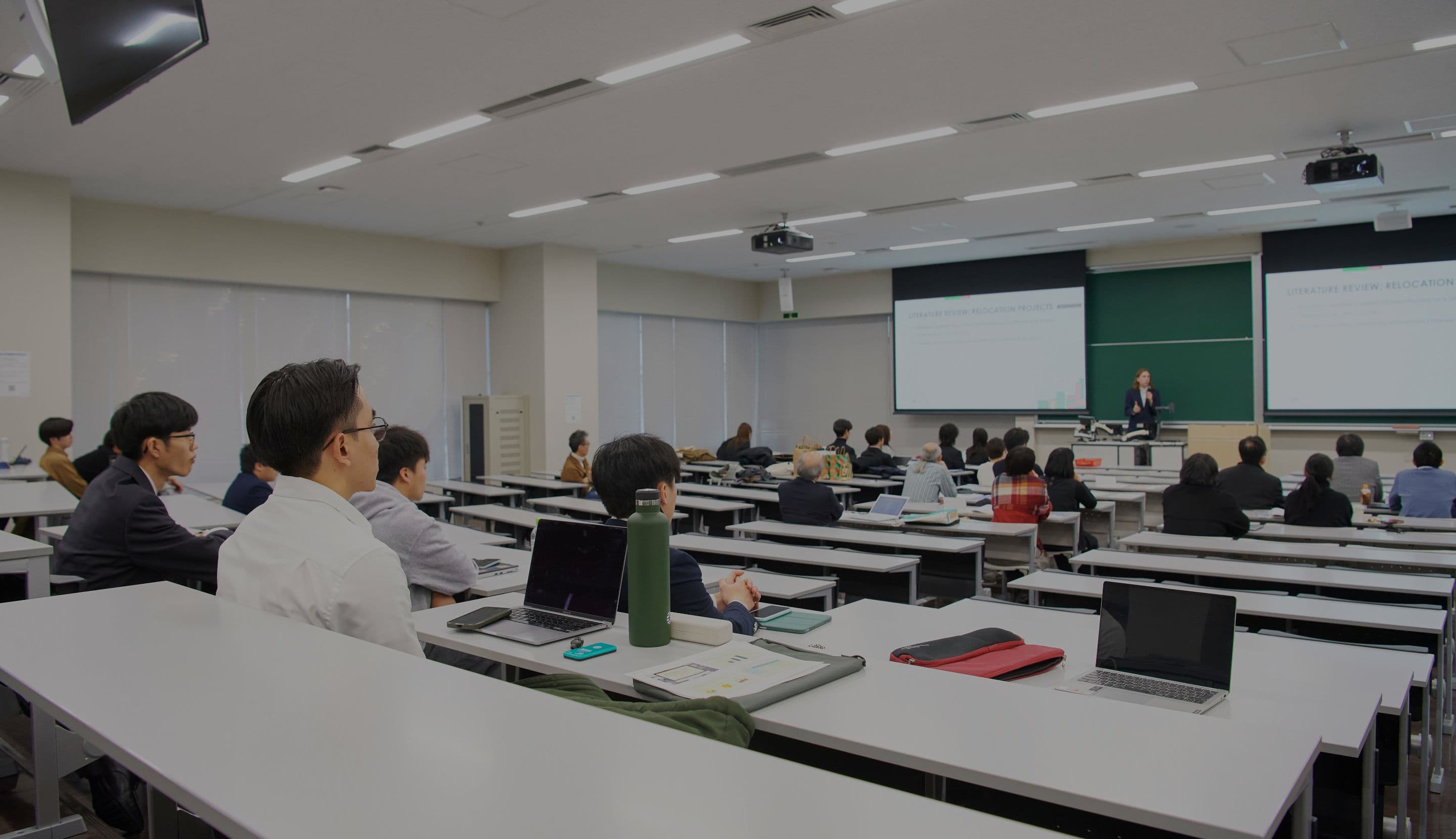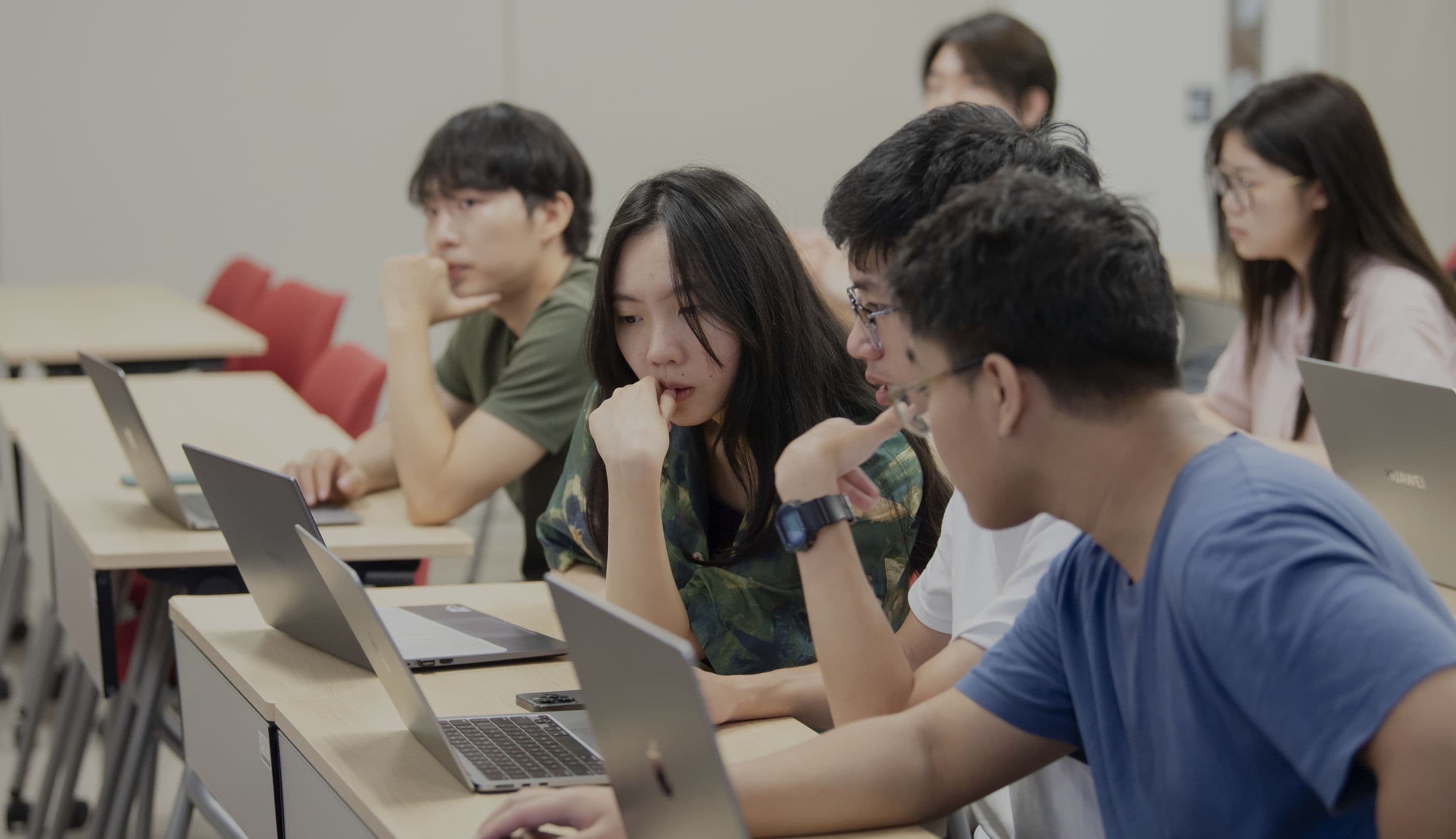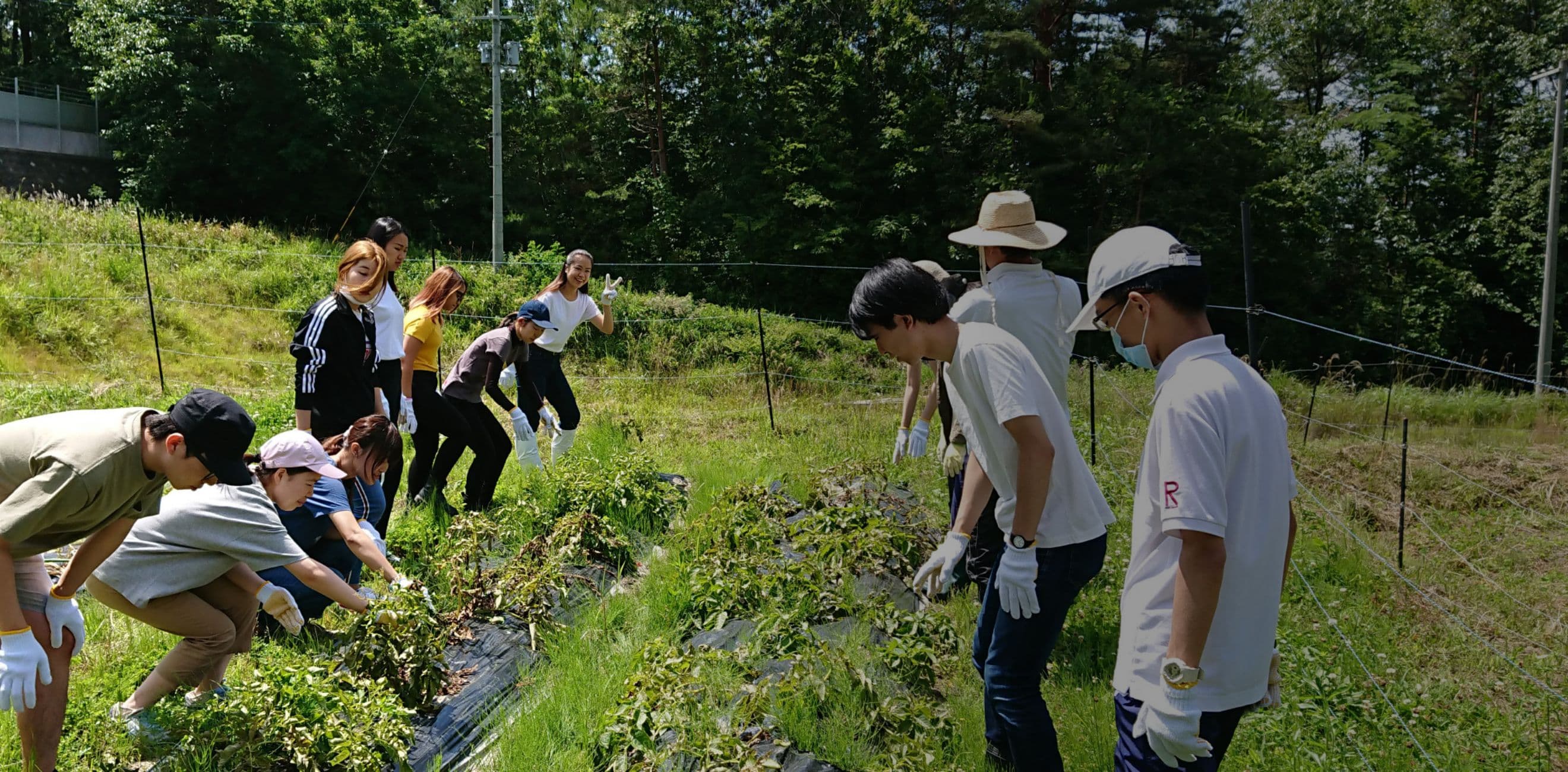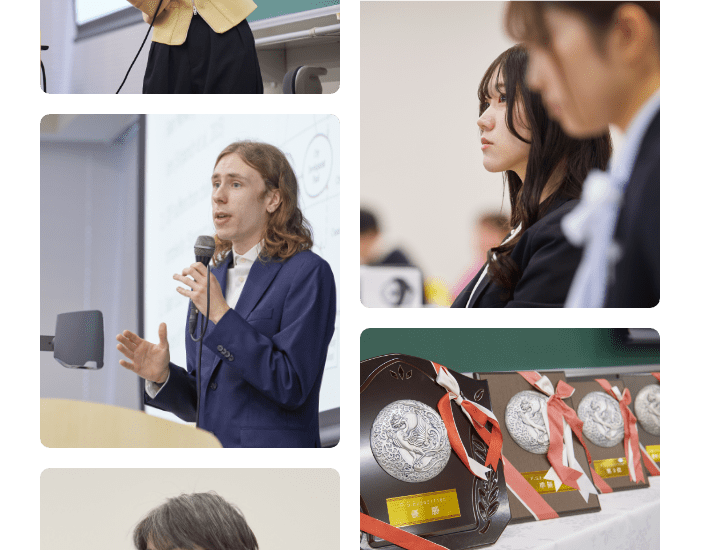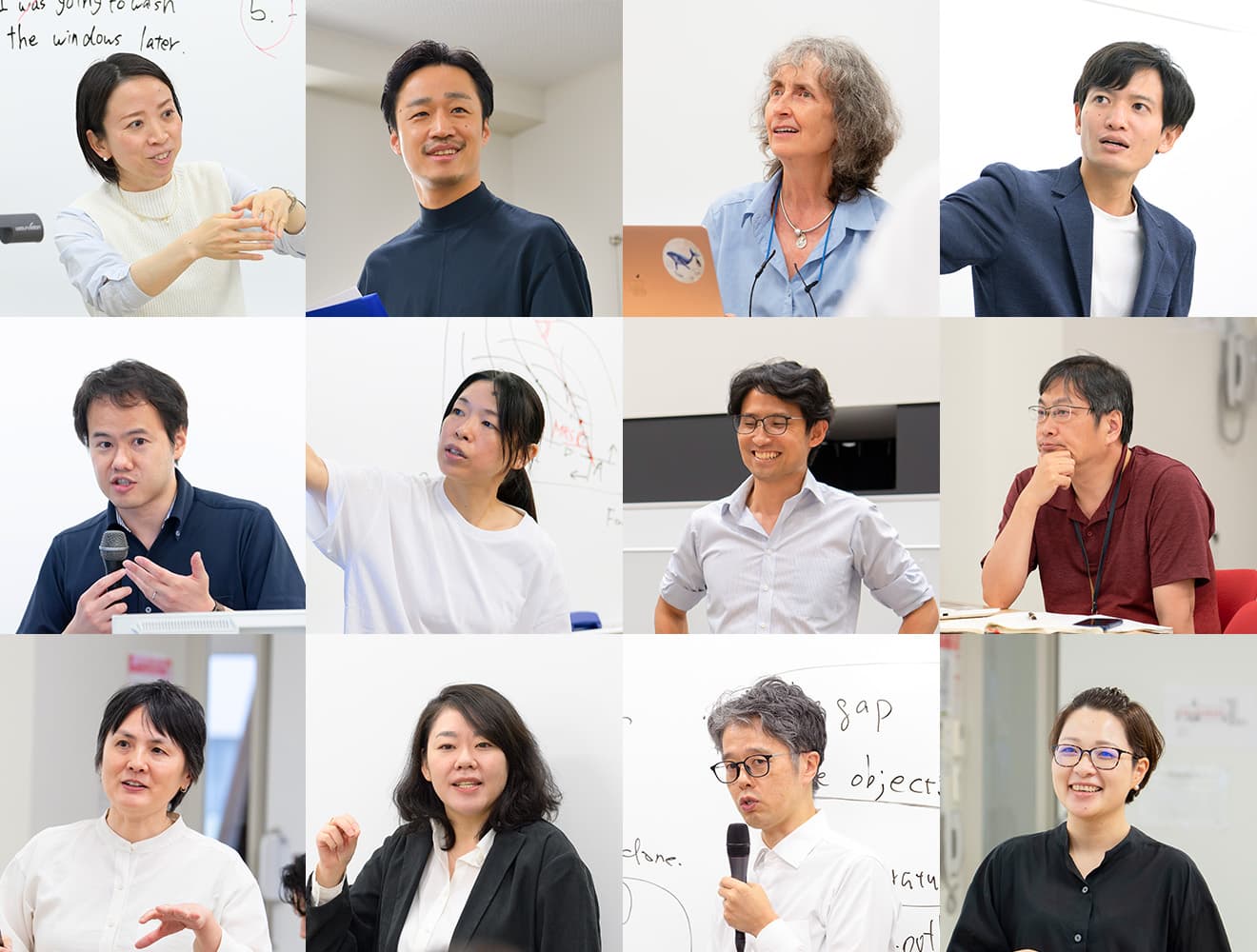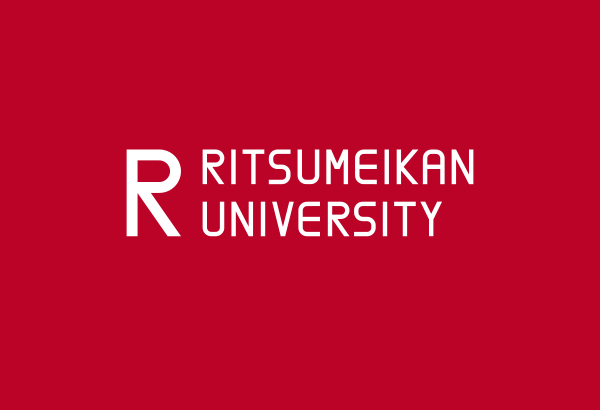
-
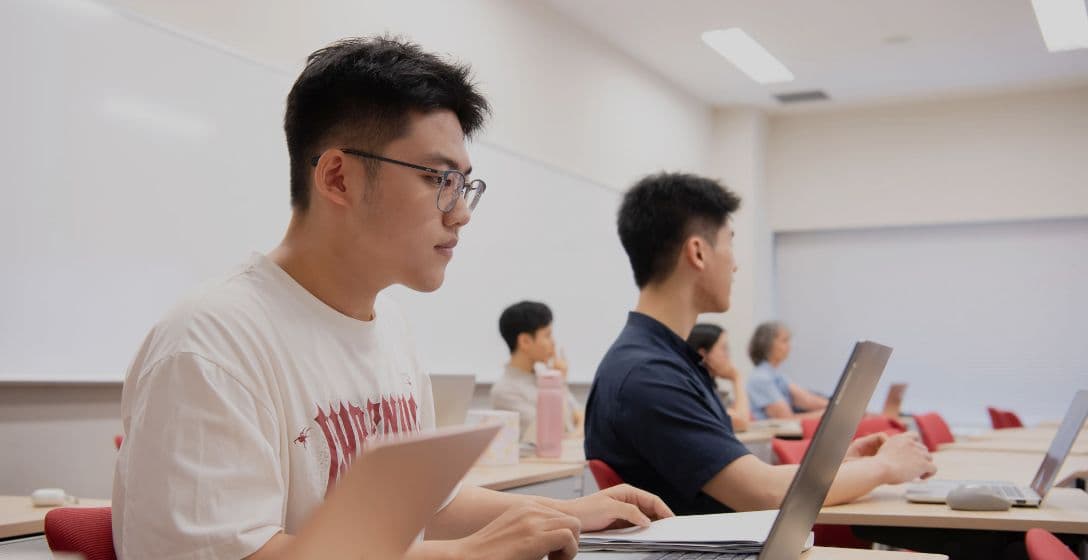
Achievements
A key feature of the CRPS program is its small-class education. With a limited enrollment of up to 40 students per year, the intimate environment provides detailed guidance by instructors, enabling students to pursue challenging goals such as publishing peer-reviewed papers—a significant hurdle for undergraduate students.
Read More -
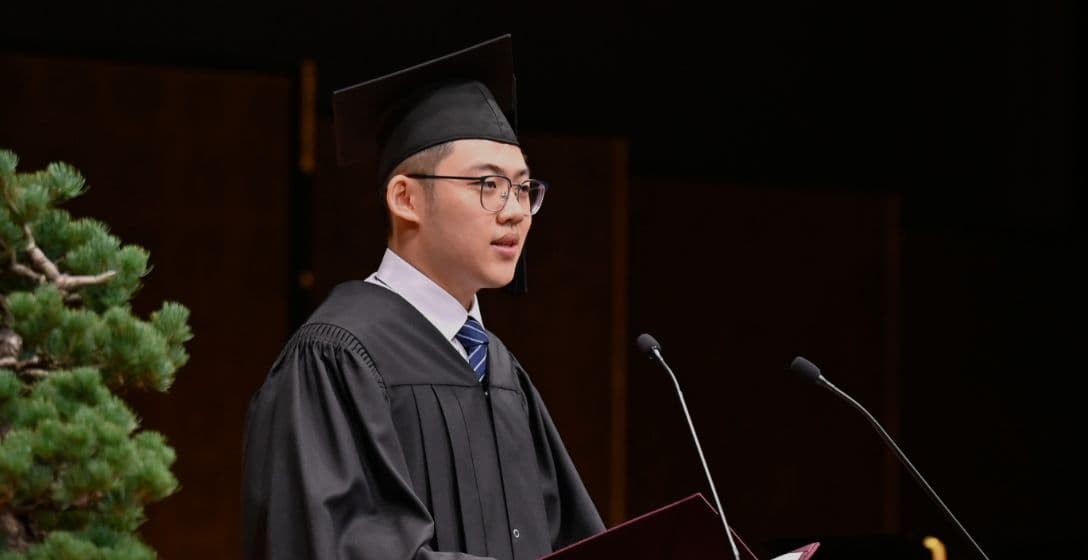
Career Paths
Spending four years in a small-class academic environment inspires many students to pursue further research after graduation; nearly 40% of graduates have thus far progressed to postgraduate programs both domestically and internationally. Students seeking employment utilize their four years of learning to pursue careers both in Japan and abroad, continuing to thrive globally after graduation.
Read More
Stand Up and Create the Future
Cross borders and cultures, deepen understanding of others, view social issues from a global perspective, and seek solutions to create the better world. This sums up the concept of global learning at the College of Policy Science, Ritsumeikan University. We must see each issue in the world as our shared challenge, not as something limited to one region. The college offers opportunities where students learn from international peers, cultivating their ability to present causes and solutions of various issues in this globalized world.
− English-based Undergraduate Degree Program −Community and Regional Policy Studies Major
-

Sustainable Urban Policy Program
This program focuses on urban planning, community safety, housing and policy, disaster mitigation, system analysis, environmental education and nature conservation, and aims to achieve sustainable urban development and solve environmental issues.
-

Regional Economy and Development Program
This program focuses on regional development, international trade and finance, development economics, public economics, and economic systems as a framework to develop regional economies.
-

Multi-level Governance Program
This program focuses on multi-level governance, international public policy, national and local government cooperation, public administration, and social welfare policy.
MOVIE
-
CRPS 10th Anniversary
-
What is "CRPS"?
-
Alumni's voice
-
CRPS_Academic Communication Skills 2019 (Digest Version)
Watch the full video here. -
Students Voice
-
Stand Up and Create the Future
